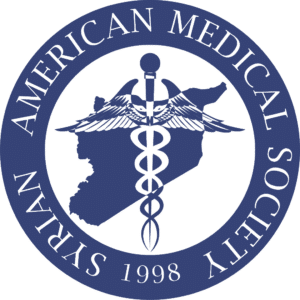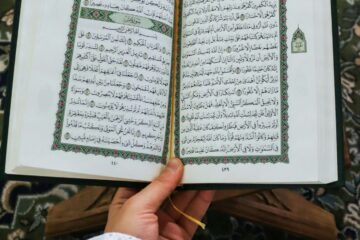October 21, 2024
Since the escalation of hostilities between Israel and Lebanon on September 17, 2024, there have been 23 attacks on healthcare in Lebanon, resulting in 72 deaths and 43 injuries among health workers and patients, according to the World Health Organization. In the conflict-affected zone in southern Lebanon, half of the health clinics have closed and hospitals are evacuating due to structural damage or proximity to fighting.
SAMS calls for an immediate halt to the attacks on healthcare in Lebanon, urging the international community to send a clear message that healthcare facilities must be protected, respected, and off-limits in conflict zones. This is a requirement of international humanitarian law.
In Lebanon’s Bekaa Valley, SAMS staff have witnessed an influx of civilians displaced by the conflict, the majority being women and children. In all, about 20 percent of the population in Lebanon has been displaced, causing a severe strain on public facilities, such as schools which provide temporary shelter for some of the 1 million displaced. The availability of water, sanitation, and basic hygiene is also greatly stressed.
“The international community’s failure to take an unequivocal moral and legal stand against targeted attacks on healthcare facilities, to protect health personnel and the patients they serve, and to hold the perpetrators accountable according to international laws has led to a pattern of normalization of such attacks over the last few years, representing a major step backwards in the implementation of the Geneva Convention,” said Dr. Mufaddal Hamadeh, SAMS’ President.
The impact of the conflict is devastating. Among the most vulnerable are the 1.5 million Syrian refugees in Lebanon, 90 percent of whom live in extreme poverty according to United Nations High Commissioner for Refugees (UNHCR), mostly in the Bekaa Valley. Thousands more have been displaced from southern Lebanon and the southern suburbs of Beirut, some left homeless and without assistance. Fear of persecution prevents many from returning to Syria, trapping them in a cycle of vulnerability.
In response, SAMS has deployed five health and protection mobile teams composed of trained staff and volunteers from the affected population, moving across 19 designated shelters for the displaced civilians in Bekaa. They are providing psychological first aid, health and protection screenings and referrals, and awareness-raising sessions. The teams have also begun to distribute hygiene kits. And the SAMS psychosocial support team is coordinating with shelter focal points to organize additional activities for children.
SAMS is a nonprofit, non-political organization that works on the front lines of crisis relief, providing medical and humanitarian assistance to the most vulnerable in Syria, its neighboring countries, and beyond. Last year, SAMS provided lifesaving medical services to 3.6 million people. For more information about SAMS, go to www.sams-usa.net.



